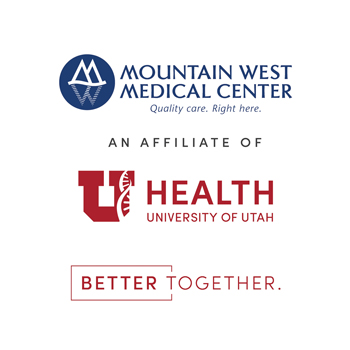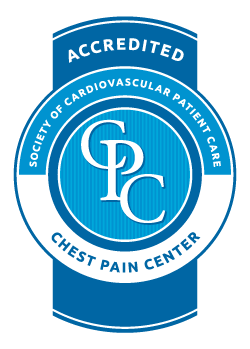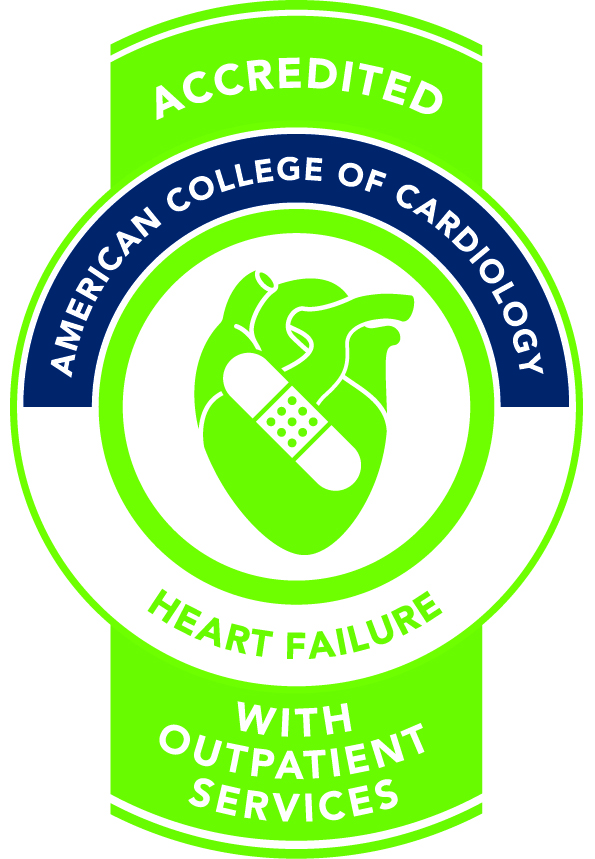Cardiology
Offering Help for Cardiac Patients and So Much More
As part of an affiliation strategy with the University of Utah Health, a team of cardiologists can now see patients in Tooele.
Residents of Tooele now have access to University-affiliated, subspecialty-trained Cardiologists. Having local access to this specialty care eases the burden of travel for care as patients and their families can access these leading Cardiologists from the University of Utah Health without leaving our community.
Cardiology Overview and Conditions
When it comes to the muscles in your body, none is more important than your heart. Responsible for pumping oxygen-rich blood to every organ and extremity, the heart is literally your lifeline. In the event your heart suffers injury or heart disease, the consequences range from bothersome to fatal.
At Mountain West Medical Center, experienced cardiologists are available to diagnose and treat a variety of heart conditions. The goal is to help you improve your cardiovascular health in an effort to avoid cardiovascular disease. And, if you’re living with a heart condition or issue, the goal is to get you back on track to a healthier future.
Heart Attack
Year after year, heart attack is one of the top causes of death in the United States. While the damage it causes seems to come out of nowhere, heart attacks result from a combination of lifestyle choices and genetics. Though genetics certainly play a role in your risk, your likelihood of suffering a heart attack increases if you smoke, are overweight, eat an unhealthy diet and don’t get sufficient exercise.
A heart attack occurs when plaque (waxy, fatty substance) builds up in the arteries so that blood cannot pass through. This stops blood from reaching the heart, which results in a variety of symptoms, including intense chest pain, pain in the jaw, arms or back, nausea, cold sweat, sudden fatigue, and shortness of breath.
If you are experiencing a medical emergency, call 911.
- For more information and resources about early heart attack go to https://deputyheartattack.acc.org/
- Learn more about the signs and symptoms of a heart attack.
- Download the Early Heart Attack Care Brochure.
- Descargue el folleto de EHAC.
Heart Arrhythmia
There are a variety of arrhythmias, but all of them mean your heart is beating irregularly, whether it beats sporadically, too quickly or too slowly. These atypical conditions can be present at birth or develop at any age or stage of life and can be caused by electrical malfunctions or anatomical irregularities within the heart. Depending on the type and severity of the arrhythmia, treatment options range from medication to pacemaker placement to surgery.
Congestive Heart Failure
Also known as CHF, congestive heart failure occurs when the heart doesn’t have the strength necessary to pump blood through your body. Whereas heart attacks occur because blood can’t travel through plaque-filled arteries, CHF occurs because the heart muscle grows weak or stiff.
When this happens and the heart doesn’t push enough blood through the body, a number of symptoms may arise, the most common being shortness of breath like the feeling of being out of breath after a race. Many patients describe it as feeling they just ran a marathon.
Cardiology Services
- Aortic Dissections
- Aortic Stenosis
- Aortic Valve Disease
- Arrhythmias
- Atrial Fibrillation
- Atrial Flutter
- Carotid Artery Disease (Stroke)
- Coronary Artery Disease
- Endocarditis
- Fainting (Syncope)
- Heart Attack
- Heart Disease
- Heart Failure
- High Blood Pressure (Hypertension)
- PCI/Percutaneous Coronary Intervention
- Shortness of Breath (Dyspnea)
- Thoracic Heart Disease
- Valvular Heart Disease
- Ventricular Septic Defect
For more information about heart issues and procedures, or to make an appointment, call 435-843-2725 to schedule a consultation today with a cardiologist.



